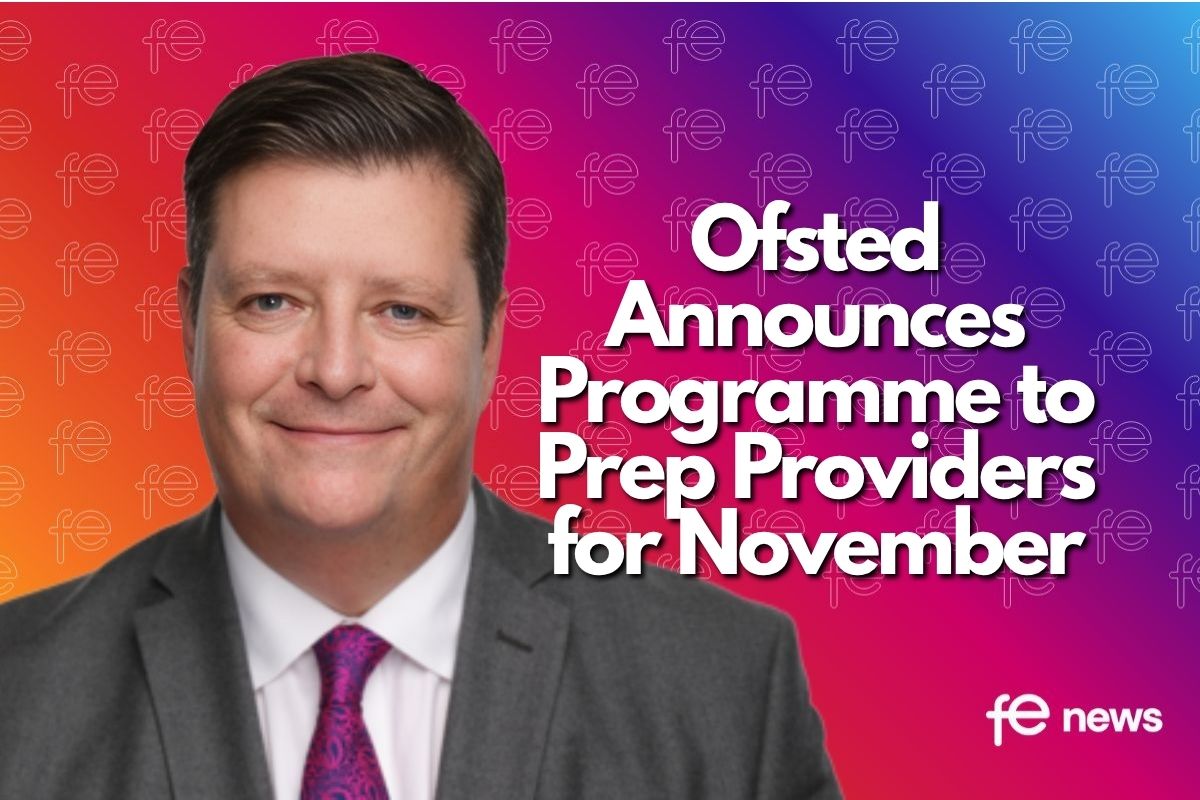Equal Pay Day 2023: Sector Response

The Fawcett Society, a leading UK charity for gender equality, has declared 22nd November as Equal Pay Day 2023, marking the point where women, on average, stop earning compared to men due to the 10.7% gender pay gap.
Today, on Equal Pay Day, the Fawcett Society highlights a marginal improvement in the UK’s gender pay gap, narrowing from 10.9% to 10.7% this year. However, progress remains slow, and recent research indicates a worsening trend. The UK has dropped five places in international rankings for women in the workforce, and approximately 80% of UK employers still exhibit a gender pay gap, surpassing levels from six years ago when reporting became mandatory.
Furthermore, a concerning statistic reveals that 51% of female professionals in the West Midlands feel underpaid. In collaboration with Equal Pay Day, education organizations NAHT, ASCL, NGA, and WomenEd release their annual analysis of the gender pay gap in education. These findings underscore the persistent challenges in achieving pay equity and demand urgent attention to address the existing pay gap.
Sector Response
Ciara Harrington, Chief People Officer at Skillsoft:
“Equal Pay Day, the date women in the UK effectively work without pay for the rest of the year, is a stark reminder of the persistent gender pay gap. Despite the enactment of the Equal Pay Act over 50 years ago, women in Britain still earn, on average, 15% less than men. Just two days later than in 2022, progress toward balancing the scales has plateaued, with recent research showing it will take 63 years for the UK’s median gender pay gap to close completely if the current rate of progress continues.
“We cannot accept that we’ll not see pay equality until 2086. Addressing this issue requires proactive measures from business leaders. Initiatives for equal pay must be prioritised in boardroom discussions, urging companies to accelerate their efforts. To drive change, organisations need to establish equitable compensation programs and pay philosophies that promote and continually monitor the decision-making process. Supplementary policies and practices such as flexible working arrangements, mentorship and coaching, and equitable parental leave to encourage fairness and eliminate gender-based pay disparities will further help spur progress. Organisational data is also a gold mine of information that cannot be overlooked. For example, business leaders can identify where continued education and training are needed by reviewing compensation cycles and behaviours. Above all, businesses need to say less and do more – real change comes from concerted effort and action.”
Connie Stack, CEO of Next DLP:
“When it comes to equal pay and gender representation – particularly in my own field of cybersecurity – I’m a cautious optimist. It’s encouraging to see improvements in the cybersecurity pay gap but gender representation in the industry is a much longer ball game. This is also about equality of opportunity, and presenting the technology and cybersecurity industry to women as having some of the biggest impacts on our society. After all, women enjoy mission-driven roles and making a difference; for cybersecurity, this isn’t just about selling software. It’s about securing organisations from cyber criminals and bad actors, thereby protecting brand reputations, protecting jobs and therefore protecting our ability to provide for our families.
“So, the more women we have in the industry, the greater our voices and the more we can have a positive impact on achieving equal pay and greater representation. My advice to women would be three-fold: firstly, find a mentor, one or two people who you trust to offer guidance in terms of leadership, business and people. Secondly, be open to learning and embrace change – you don’t have to have all the answers straight away. And finally, be confident in yourself; becoming a start-up CEO was always a goal of mine and to do that requires you gain the trust of a Board, investors and a set of employees and you have to believe in yourself to do that.”
Jawaid Rehman, Equal Pay Expert at Weightmans comments,
“In today’s dynamic world, the gender pay gap remains a pressing issue. To effectively tackle it, organisations must go beyond surface solutions. Regular wage audits, transparent pay structures, and continuous training to counteract biases are foundational steps. But the journey doesn’t stop there. It’s imperative to also cultivate a workplace culture that celebrates diversity, inclusivity, and above all, equality. This isn’t just about achieving equitable numbers on a paycheck—it’s about understanding and valuing the diverse perspectives, skills, and innovations that every individual brings to the table. The pursuit of closing this gap demands not only commitment but sustained action. It’s a collective endeavour that challenges us to reevaluate our norms and to champion a future where every individual’s contribution, irrespective of gender, is recognized, celebrated, and rewarded fairly.”












Responses